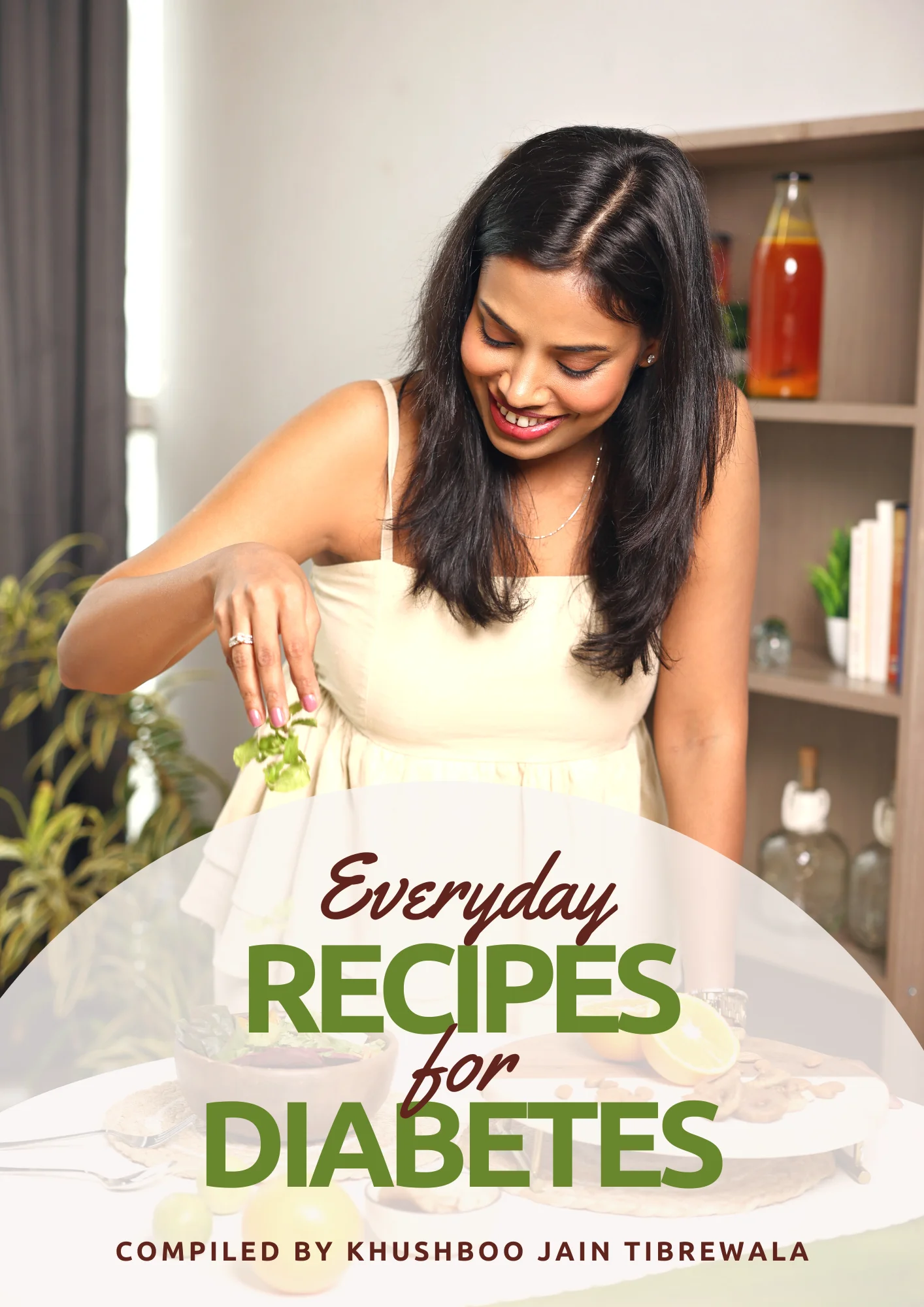When it comes to Diabetes, there is information that is helpful and then there is a whole universe of information which is incorrect, misleading and confusing. The thing is that Type 2 Diabetes is so prevalent in India and has been sp for so many generations now, that over time myths have become internalised. We don’t know where the real knowledge ends and the myth begins anymore.
Take Mangoes for example. We Indians love the Mango season and are always looking forward to it. However, it is common knowledge that Mangoes are bad for diabetics. Is this true? No one knows! Rice, potato, poha, coconut, and so many such foods are being avoided by Diabetics and Prediabetics. And sometimes for no good reason.
So let’s dive into the world of Type 2 Diabetes, and all the myths around it.
-
Diabetics cannot eat Mangoes and most other fruits
This one is plain cruel and 100% untrue.
First up, why does this myth exist?
Diabetes, both type 1 and 2 is a condition where glucose is metabolised correctly. So the high dose of glucose (starch and sugars from the food) will spike glucose levels and this spiked level will not be metabolized correctly. Furthermore, fruits are a source of simple carbohydrates. This means, that sugars found in fruits are smaller molecules and hence broken down faster than the sugars in a roti. However, this may not be true for all fruits. You see, there is something known as the “Glycemic Index” of foods. This is a number that tells you how quickly or slowly your glucose levels will spike after eating a specific food. Almond is 0 while Sugar is 100. This is kind of your scale.The fruits that should be avoided are the fruits that come in the 55 and up category. These include watermelon, pineapple, overripe banana, papaya, etc. Mango has a glycemic index of 51 which means it is safe for consumption. The only thing you should keep in mind is that you must always eat a fruit with something fatty like almonds, pistachios, etc to further prevent a spike from happening. Also, in case you are wearing CGMS and you see your glucose levels spiking, then you simply get up and start walking around.
Verdict – DIABETICS CAN EAT MANGOES
2. Diabetes cannot be “reversed”
Till a few years ago, this was the general consensus. However, we know so much more about the human body now. While type 2 diabetes can be reversed, the meaning of “reversed” is crucial for you to know. “Reversed” basically means “remission”. It’s just a popular word for remission.
The thing is that type 2 diabetes is a multifactorial LIFESTYLE disorder. There is no one infection or one single malfunction which leads to type 2 diabetes. It is a disorder that is impacted by everything from what you eat or don’t eat, to your daily routine, sleep quality, personal relationships, nature of work, activity, and more. And hence, diabetes can only be put into remission and then maintained with diet and lifestyle changes. And I know this sounds intimidating, but its actually not that difficult either, just needs some smart planning.
So if your doctor is still recommending medication as your first line of action, think again! Type 2 diabetes can be reversed, we are doing it every day.
3. You must quit gluten/wheat to manage diabetes
Going gluten-free has become a popular first line of action for diabetes management globally. In India, however, we have a very unique relationship with wheat and hence there is a lot more resistance to this one change. Although traditional Indian cuisine showcases the use of varied cereals and grains like millet, rice, amaranth, etc., post the Green Revolution, our plates see more wheat than ever before. In fact, most of us eat wheat every meal (which was never the case). This excessive consumption plus all the genetic modifications that the wheat grain has gone through have together led to a negative repertoire.
Wheat has been shown to increase inflammatory markers in the body. And inflammation leads to more insulin resistance and obesity. There is also growing evidence that shows the reduction in fat deposits and insulin resistance when on a gluten-free diet. (1)
Verdict – Going off gluten for diabetes management is not a myth! It works!
4. Fatty Foods are bad
Most of the time when I tell a patient to eat coconut or snack on almond butter they seem shocked. Common knowledge dictates that anything that has fat is unhealthy. What we have to understand is that naturally occurring fats like nuts, seeds, coconut, avocado, and olives are actually good for you. These fats come with fibre, protein, vitamins, minerals, and actually help stabilize blood glucose levels. These are also the raw materials for sex hormones. They are an essential part of a diet that can potentially prevent and reverse type 2 diabetes and other insulin resistance-related disorders like PCOS, migraines, irregular lipids, high uric acid, obesity, and fatty liver.
What you want to avoid is processed or saturated fats like processed meats, baked foods, refined vegetable oils, frozen foods, milk, red meat, lean meats, organ meats, etc. In fact, switching to a diet that comprises of predominantly plant-based foods like beans, grains, vegetables, nuts, and fruits has shown much better results compared to a low fat diet.
Verdict: Fat, when coming from a plant, is good!
FINAL WORDS
These are just 4 simple myths. But there are a couple of dozen more that I haven’t mentioned. If you have diabetes or are at risk, its important for you to educate yourself with the help of verified sources. We live in a world where knowledge, both right and wrong, is everywhere and we have no control over this. The only thing we can do is consume the right information. There are only two ways you can do this:
-
-
- Work with a Nutritionist who can give you personalised information and guidelines for you to keep in mind. You can see my Diabetes Reversal Program here.
- Find a few people who speak sense and have all the right qualifications too. Then you simply follow them on social media or read their blogs and books.
-
No matter how you chose to move forward, remember that Type 2 Diabetes can be reversed. And contrary to popular belief, lifelong diabetes medications do have a long-term side effects. So your goal should be to get off medication or get to a smaller dose as quickly as you possibly can.
All the best!
Stay healthy, stay unprocessed





